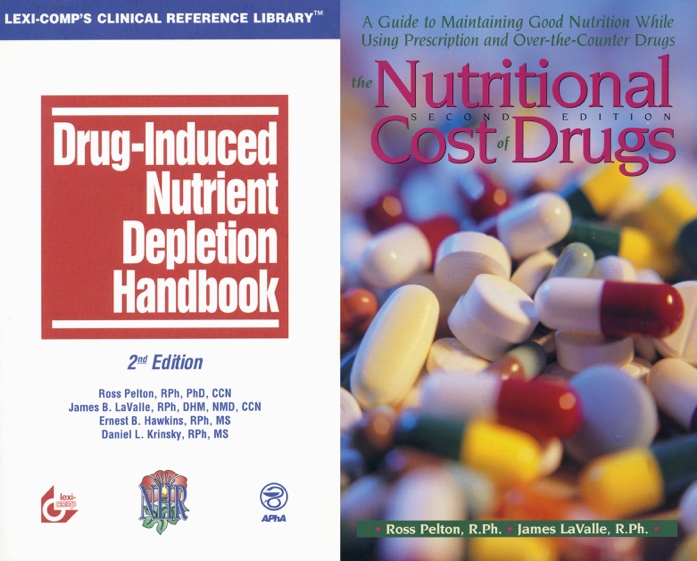How You Can Use the Drug-Induced Nutrient Depletion Handbook
How You Can Use the Drug-Induced Nutrient Depletion Handbook
How You Can Use the Drug-Induced Nutrient Depletion Handbook
Dylan Miller
The Drug-Induced Nutrient Depletion Handbook is an invaluable resource not just for healthcare professionals but also for patients who want to take a more active role in managing their health. Medications are essential for treating various health conditions, but many drugs can cause the body to lose vital nutrients. This handbook helps patients understand how their prescriptions might affect their nutritional status and offers practical advice on how to address these depletions.
Why Nutrient Depletion Matters
When you’re taking prescription or over-the-counter medications, you might notice side effects like fatigue, muscle cramps, or even cognitive fog. In many cases, these symptoms aren’t just side effects of the medication itself but are due to the loss of essential vitamins and minerals. For example, cholesterol-lowering statins can deplete CoQ10, an enzyme critical for energy production, leading to muscle pain and weakness. Similarly, long-term use of acid blockers (like PPIs) can lower magnesium and vitamin B12 levels, contributing to fatigue and other health issues.
The Drug-Induced Nutrient Depletion Handbook explains how specific medications can reduce key nutrients in your body and what symptoms to watch for. Knowing this can help you take action to prevent or manage these issues.
How to Use the Handbook to Take Control of Your Health
Here’s how you can use the Drug-Induced Nutrient Depletion Handbook to make sure you stay healthy while on medication:
- Understand Which Nutrients Your Medications Affect:
- Each section of the book is organized by medication. You can look up the medications you’re currently taking to see which nutrients they may be depleting. For example, if you’re on a diuretic for high blood pressure, the book will explain that these drugs often deplete potassium and magnesium—minerals important for heart and muscle function.
- Look Out for Symptoms:
- The handbook provides a list of common symptoms related to nutrient deficiencies. For example, if you’re taking a medication that depletes vitamin D, you might experience fatigue, bone pain, or even mood changes. The book helps you connect the dots between what you’re feeling and the nutrients you may be missing. This makes it easier to identify when something might be off and take action.
- Use Food to Replenish Nutrients:
- One of the best parts of the book is its guidance on how to replenish lost nutrients through diet. It suggests foods rich in the vitamins and minerals you may be lacking. For example, if you’re on a medication that lowers magnesium levels, the book will recommend foods like spinach, almonds, and avocados to help restore your levels. This is a natural way to improve your nutrition and support your health while on medication.
- Talk to Your Healthcare Provider About Supplements:
- If changing your diet alone isn’t enough, you might need to consider supplements. While the book can point you in the right direction, it’s important to talk to your doctor or pharmacist before starting any supplements. They can help you figure out the right dose and ensure that any supplements you take don’t interact with your medications.
- Monitor Long-Term Medication Use:
- If you’re on medications for a long period of time, the cumulative effects of nutrient depletion can build up. Use this book to stay on top of your health by regularly checking in on which nutrients might need boosting. Over time, replenishing these nutrients can help reduce the risk of more serious health problems down the line.
Real-Life Examples of How This Book Can Help You
Here are some examples of how patients can use the Drug-Induced Nutrient Depletion Handbook to manage the side effects of their medications:
- Statins and CoQ10: If you take statins to lower cholesterol, the book will show you that these drugs deplete CoQ10, a nutrient that helps your muscles and heart function properly. If you notice muscle weakness or fatigue, the book might suggest foods like organ meats or supplements like CoQ10 to help boost your levels.
- Oral Contraceptives and B Vitamins: Women taking birth control pills may experience low levels of B vitamins, particularly B6, B12, and folic acid. This can lead to symptoms like mood swings, fatigue, and even anemia. The book will guide you on incorporating more B-vitamin-rich foods into your diet, like leafy greens, beans, and eggs, or suggest B-complex supplements after discussing it with your doctor.
- Proton Pump Inhibitors (PPIs) and Magnesium: If you’re on medications for acid reflux, like PPIs (e.g., omeprazole), you might develop low magnesium levels over time, which can cause muscle cramps and fatigue. The book will recommend magnesium-rich foods like spinach, almonds, and dark chocolate, which can help replenish your stores naturally.
Empower Yourself with Knowledge
Taking charge of your health means understanding not only how medications help you but also what they might take away. The Drug-Induced Nutrient Depletion Handbook gives you the knowledge to be proactive in maintaining your nutrient levels and overall well-being. Whether you’re dealing with the side effects of medication now or want to prevent them in the future, this book provides easy-to-follow advice that can make a big difference.
Working with Your Healthcare Team
While this book is an excellent tool for learning about nutrient depletions, it’s important to use it in partnership with your healthcare provider. Your doctor, pharmacist, or dietitian can help interpret the information in the book, check your nutrient levels, and guide you in making the best decisions for your health. Together, you can create a plan that not only treats your condition but also keeps your body strong and nourished.
Conclusion
The Drug-Induced Nutrient Depletion Handbook is an empowering tool for patients who want to manage the side effects of their medications in a natural, effective way. By helping you understand which nutrients your medications might be depleting and how to restore them through food or supplements, the book enables you to take control of your health. Whether you’re dealing with side effects now or want to prevent future nutrient loss, this guide can help you feel better, stay healthier, and work in tandem with your medications—not against them.
From the Desk of Dr. Dylan Miller

Don’t let your health concerns keep you from living your best life! If you believe that Dr. Miller’s expertise and personalized care approach resonate with your needs, it’s time to take action and schedule an appointment.
Dr. Miller is committed to finding the most effective solutions tailored to each patient, ensuring you receive the best care possible. Start your journey to better health and a fuller life today—reach out and make your appointment now!





